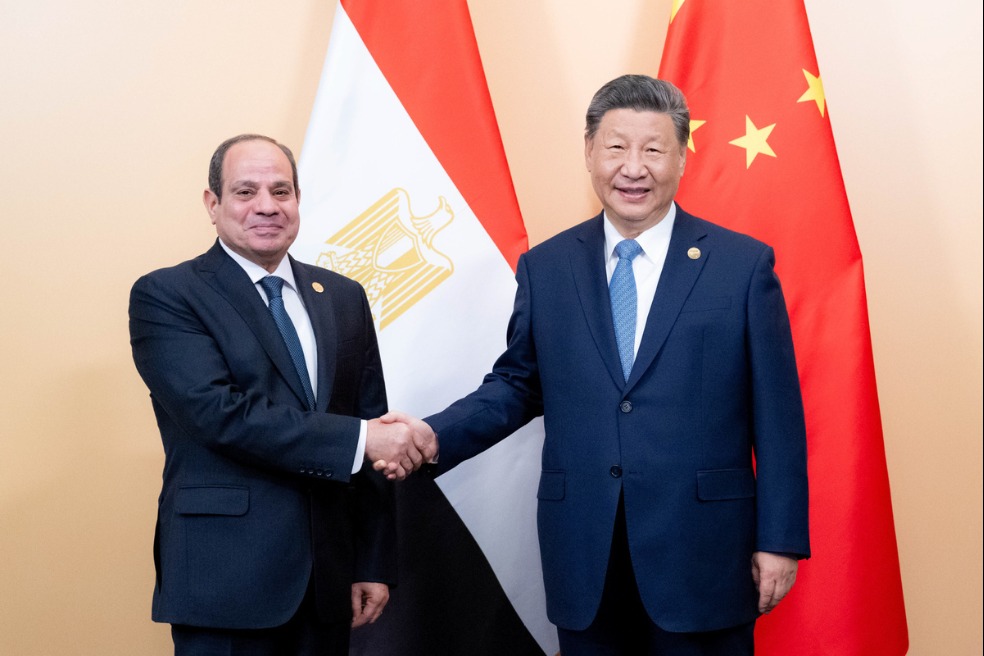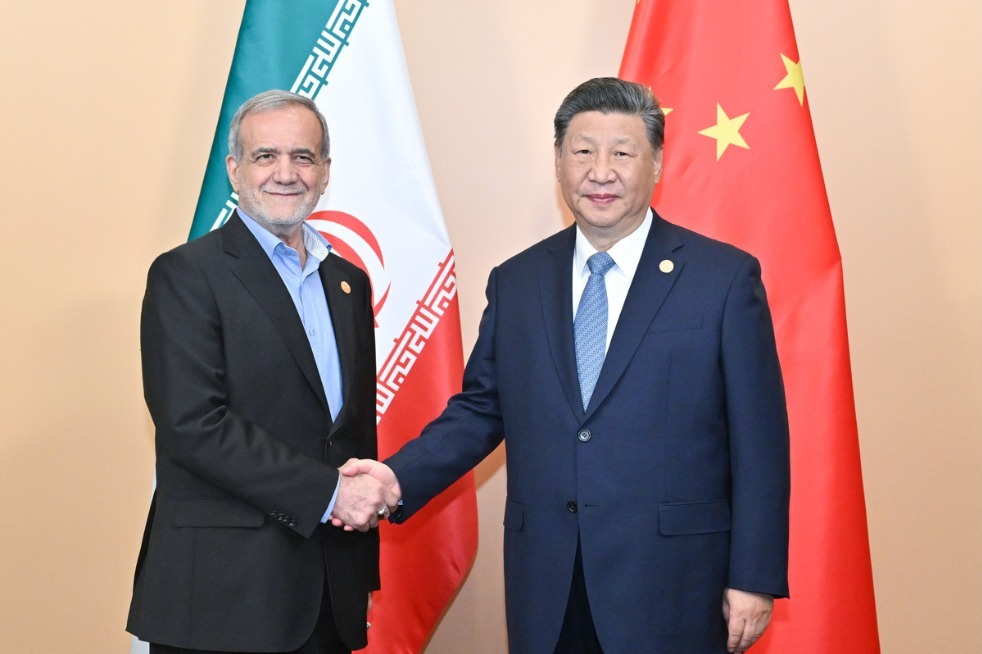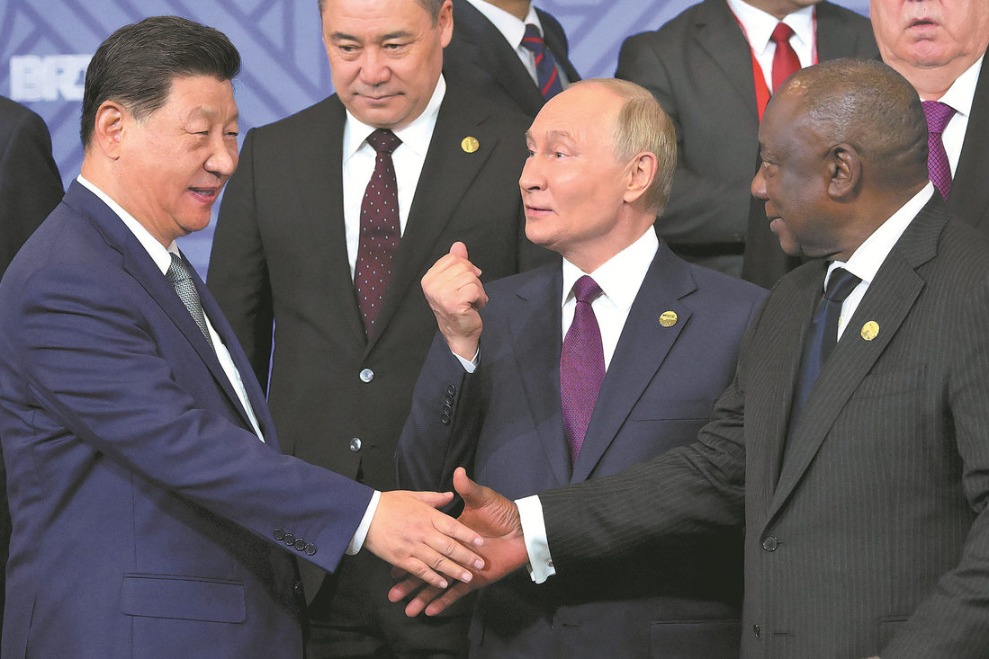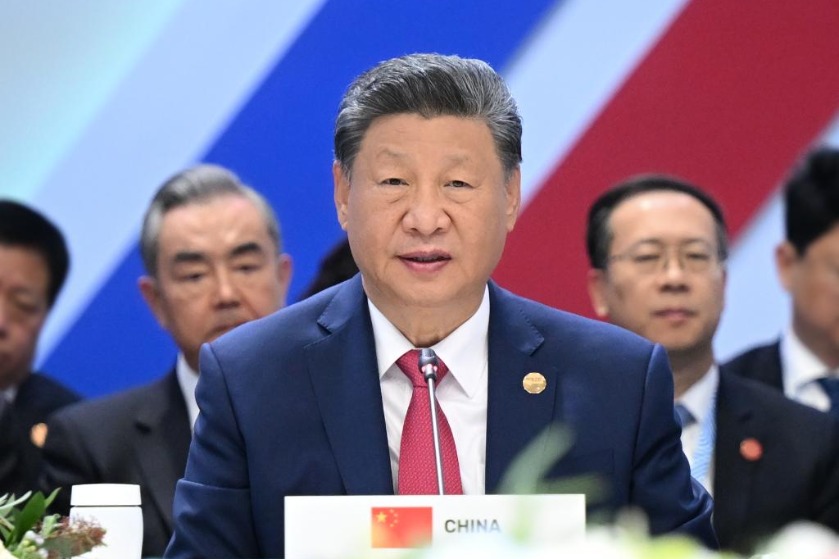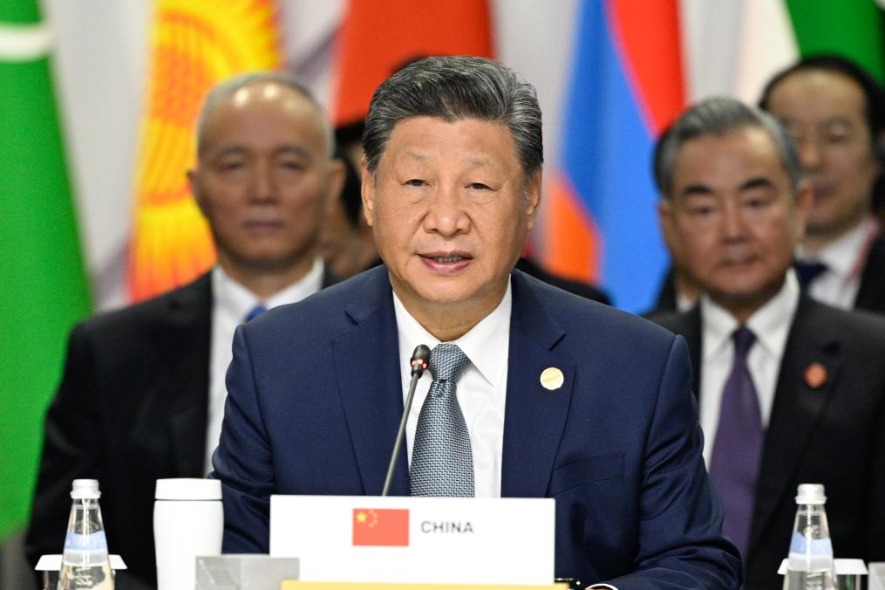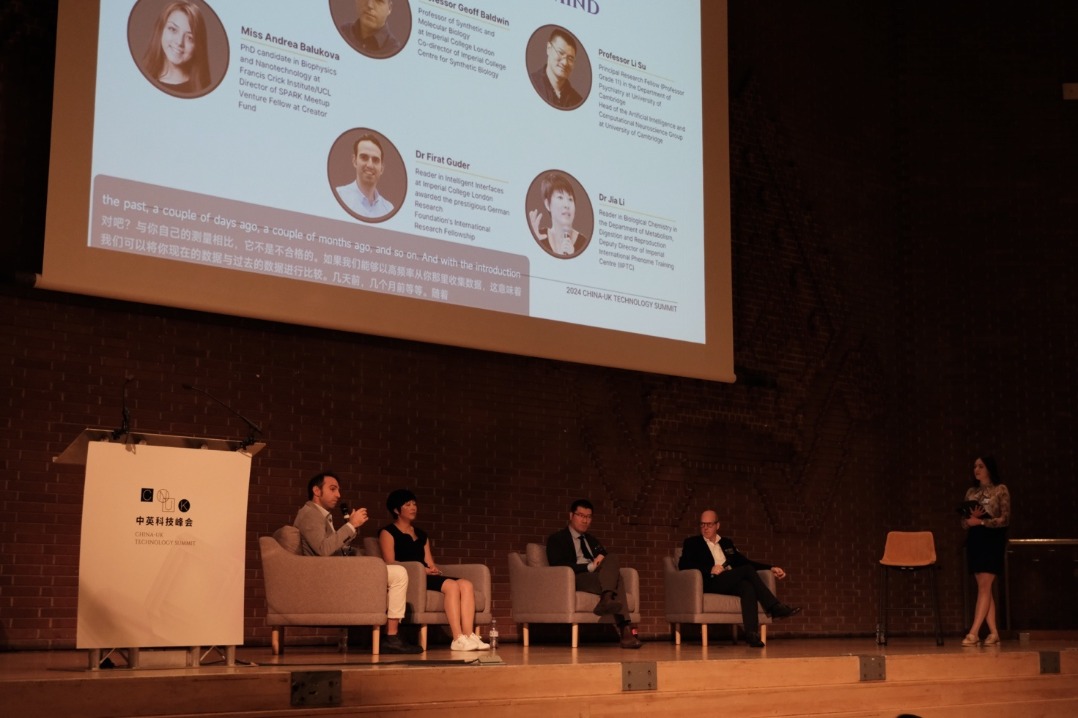Economists: Proposed tariffs may backfire


Any new tariffs imposed by the US could hurt domestic businesses, forcing US firms and Chinese exporters to make difficult decisions such as reducing their reliance on each other, warn economists and trade organizations.
"US retailers will have to pay higher wholesale prices for imported consumer goods," Thomas Fullerton, an economist and economics professor at the University of Texas at El Paso, told China Daily.
"To the extent that those price increases are passed on to consumers, inflation will either be higher or descend more slowly than would otherwise be the case," he said.
Republican presidential candidate Donald Trump, who dubbed himself a "tariff president", has over the past few weeks, repeatedly proposed sweeping tariffs of 20 percent on all imported goods and 60 percent on goods from China.
He also wants to add a 100 percent tariff on nations that don't use the US dollar to trade and a 2,000 percent tariff on vehicles built in Mexico.
"The most beautiful word in the dictionary is 'tariff'," Trump told an audience at the Economic Club of Chicago earlier this month. "It's going to have a massive effect, positive effect. It's going to be a positive effect," Trump added during an interview with Bloomberg's editor John Micklethwait in October.
Fullerton explained that tariffs work as a sales tax on goods produced outside of the boundaries of the countries that import those goods.
Any US company that purchases a product from abroad must pay the government some of the item's price. Trump believes that this revenue could be used to fund tax cuts and other things.
Companies that face these duties can either stop importing the goods, find them in another market, or raise their prices, affecting US customers. Many do the latter.
High inflation blamed
Big Lots stores, a US discount chain with headquarters in Columbus, Ohio, has worked with Chinese manufacturers for more than 30 years to import goods. However, Big Lots filed for bankruptcy in September, blaming high inflation and interest rates.
Kevin Kuehl, Big Lots' senior vice-president, and general merchandise manager of home, apparel and global sourcing, said the company was monitoring any proposals on US-China trade tariffs.
"There are certain categories that China is just very efficient and cost-effective at, that even if we wanted to transition product out of China and into other countries, we're not capable of capacity or quality in those categories," Kuehl told China Daily at the Canton Fair conference in New York in May.
The debate around the effectiveness of tariffs comes after President Joe Biden and Vice-President Kamala Harris kept Trump's original tariffs on about $360 billion worth of Chinese goods and increased tariffs on $18 billion of Chinese imports in September.
With nearly two weeks left to go before the general election, Harris has not specified whether or not she plans to keep the existing tariffs in place or create new ones.
Trump, however, has doubled down on his stance that tariffs are paid for by foreign countries, not US people or US firms.
"Tariffs are paid by US importers, not the Chinese government," Tiffany Smith, vice-president of global trade policy for the National Foreign Trade Council based in Washington DC, told China Daily.
Meanwhile, some Chinese exporters are worried about how high the new proposed tariffs will be if Trump becomes president.
"If it's 60 percent tariffs, nobody can handle it," Zeng Zhaoliang, the head of Guangzhou Liangsheng, which sells up to 40 percent of its cookers to the US, told Reuters.
















